You might also be interested in this
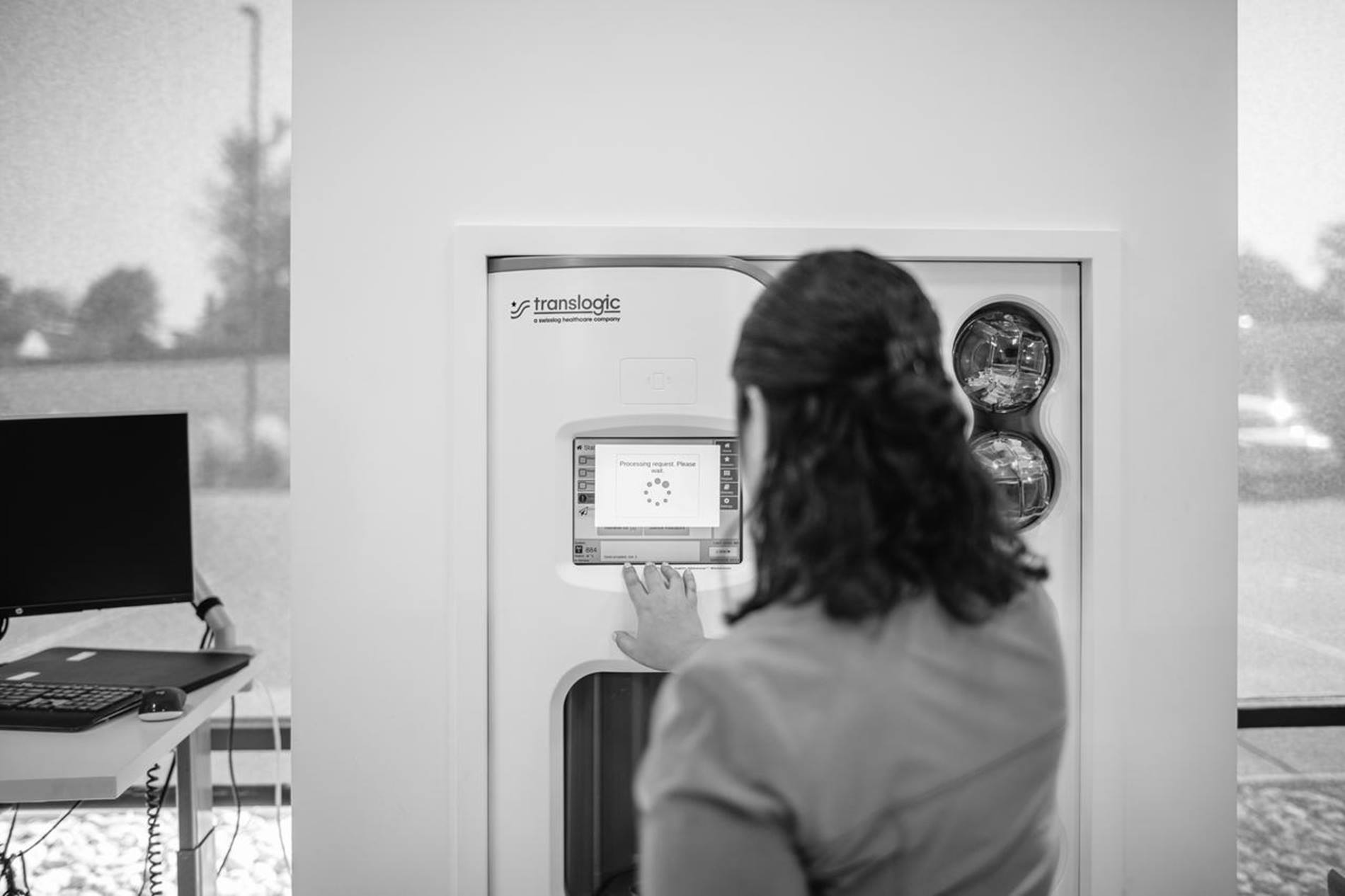
Customer Pledge
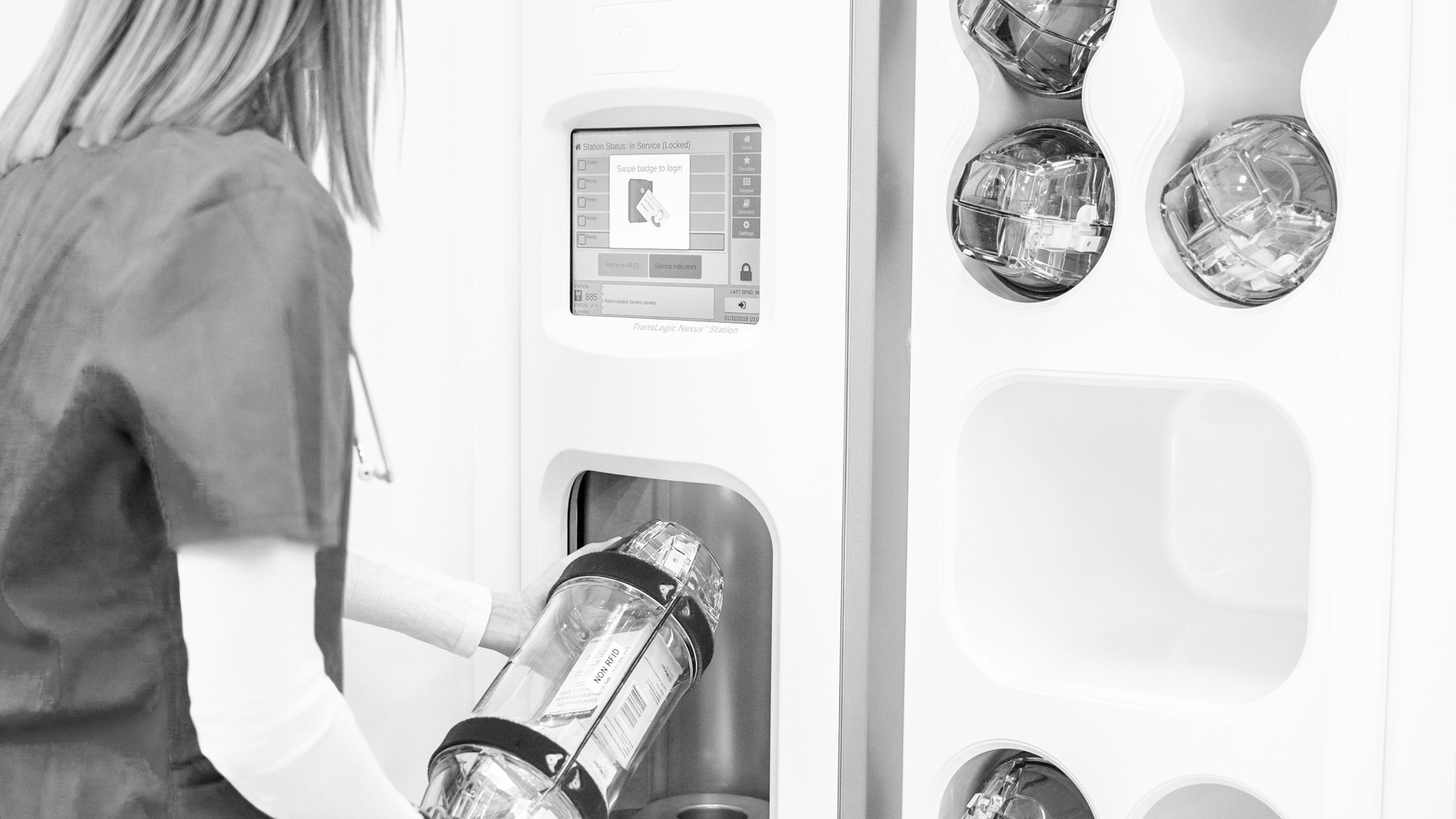
Superior Transport Automation
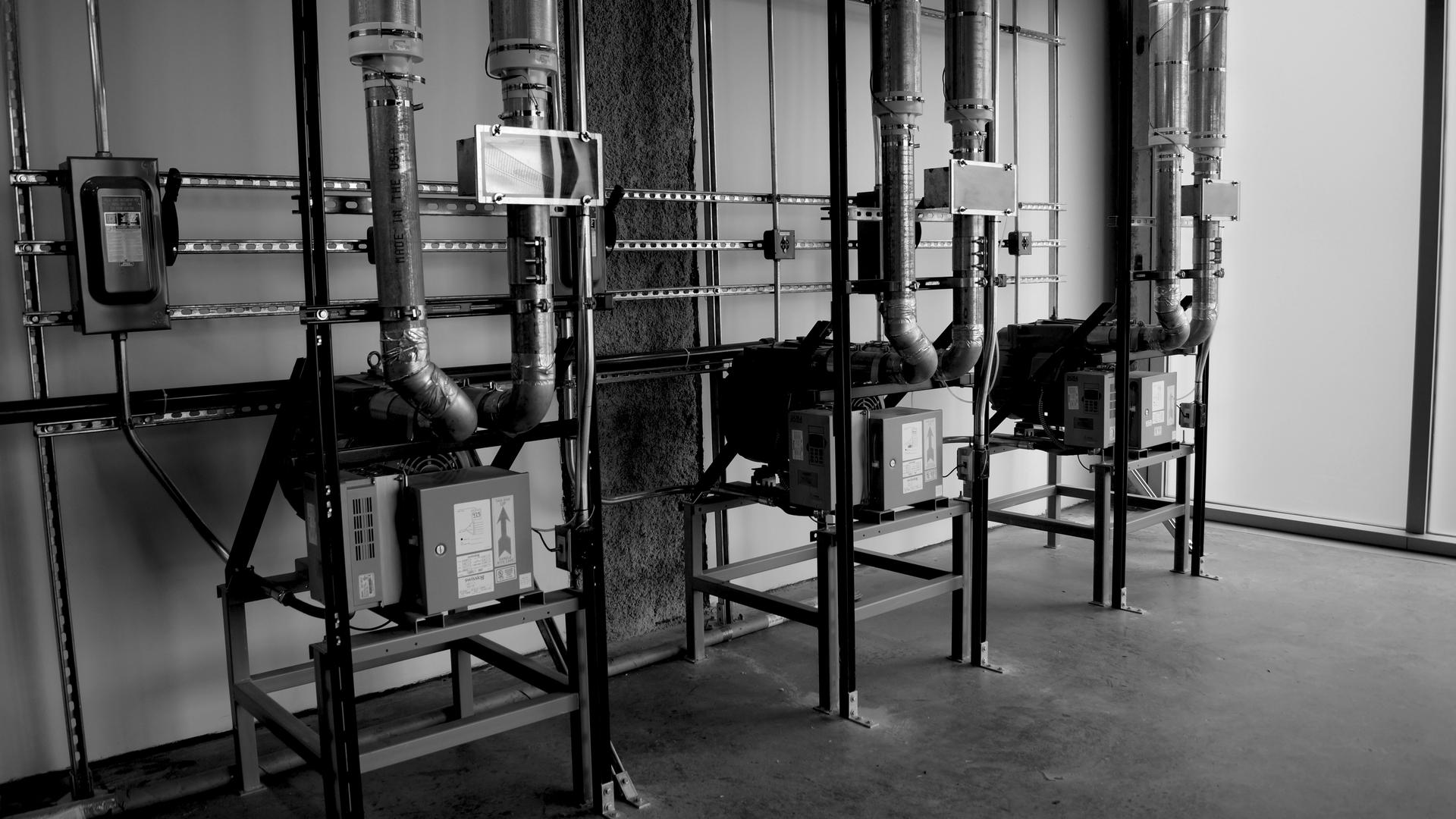
Pneumatic Tube System Components
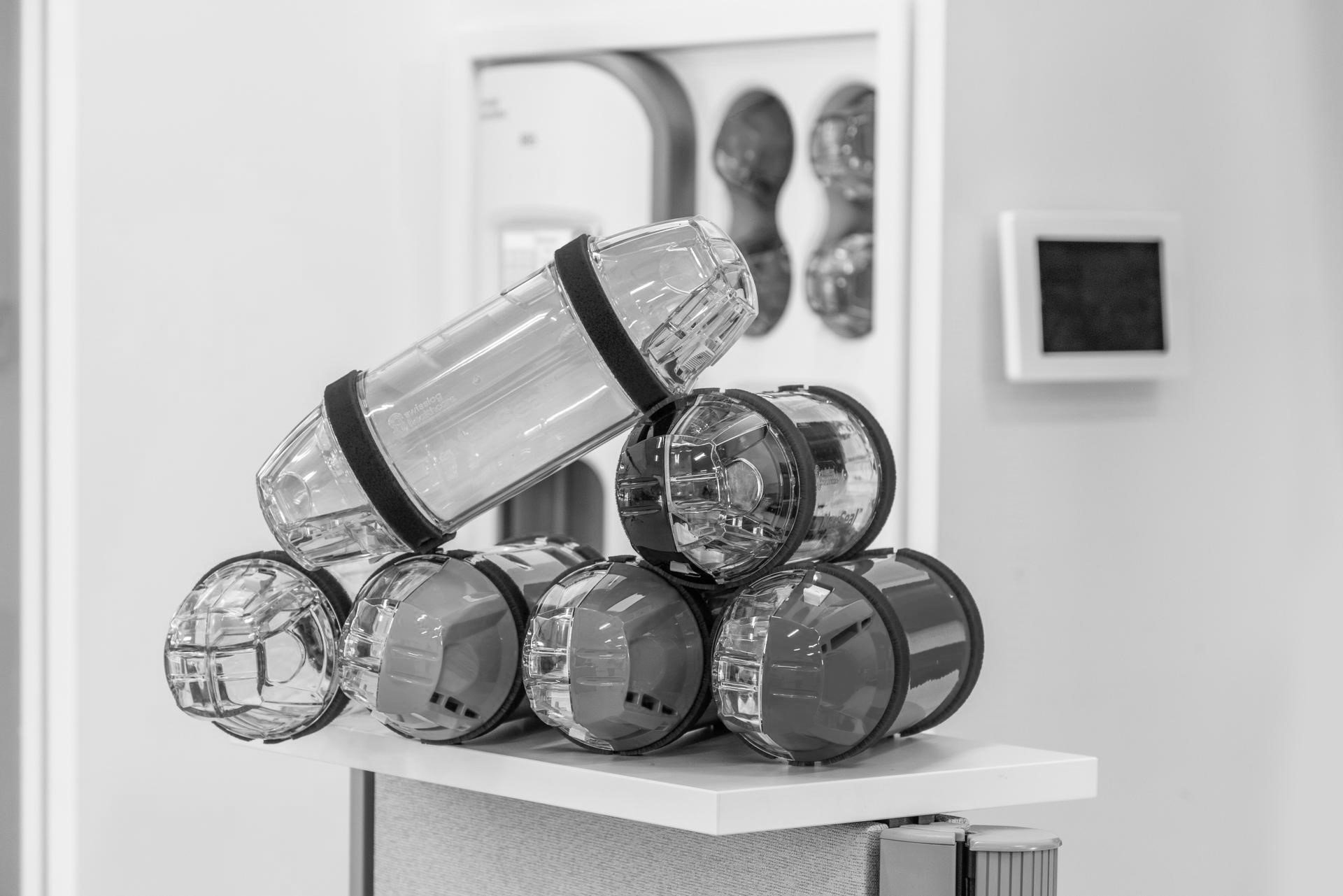
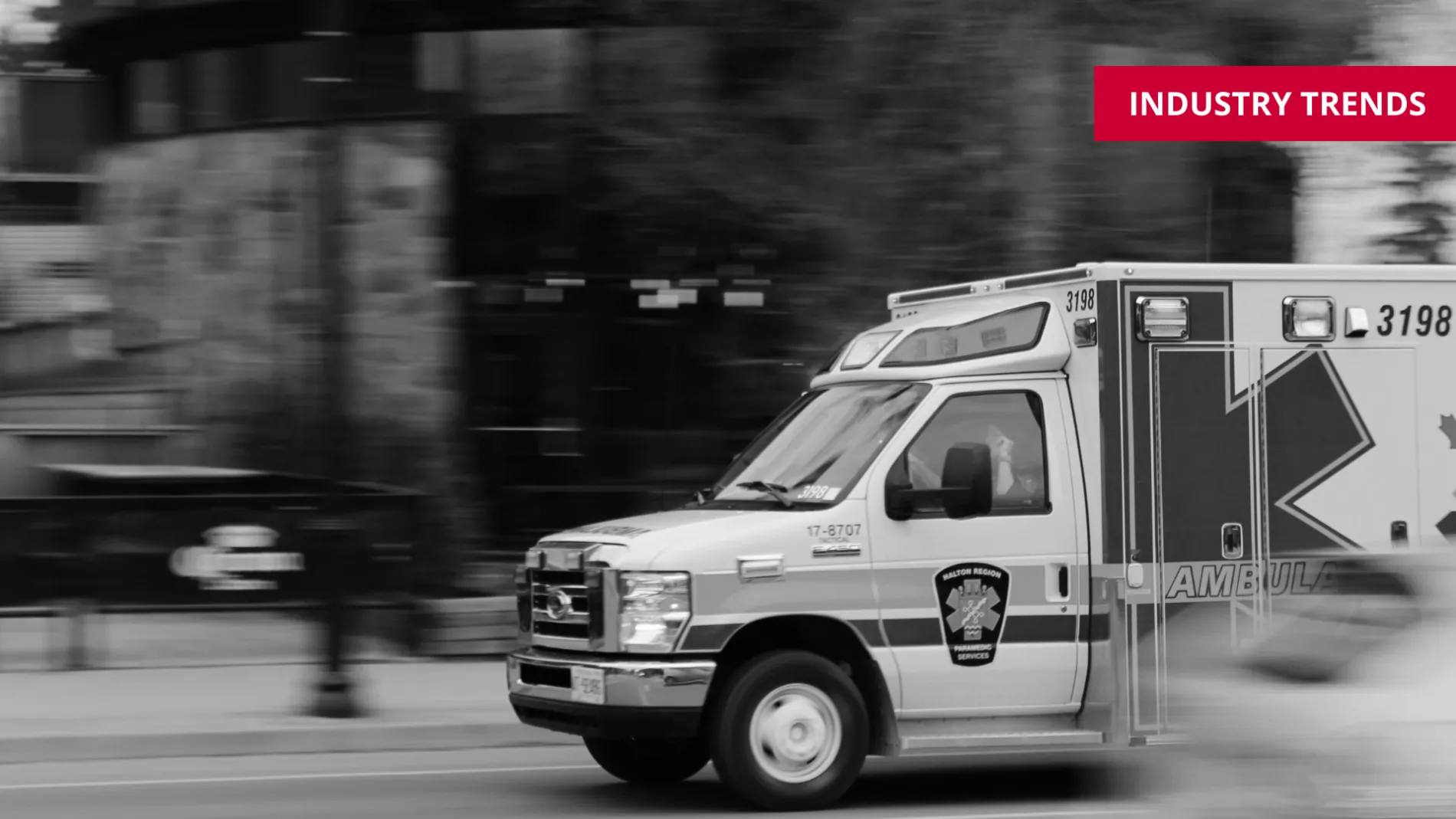
Emergency Departments Are Preparing for the Season Ahead
Jeff Erbert | 11/20/2023
The holidays and hospital visits are a pairing as old as turkey and stuffing. Every year, thousands of Americans are taken to the Emergency Department (ED) on or around the holidays – with Thanksgiving kicking things off as one of the busiest ED days of the year.
In fact, the end-of-the-year holiday season is among the busiest seasons overall. On Thanksgiving in 2018 (well before the COVID-19 pandemic), hospitals saw a staggering 36,000 patients (about twice the seating capacity of Madison Square Garden) visit the ED nationwide.
Shortly thereafter, the holiday is followed by several other celebrations – including New Years Eve, which is second only to July 4th (not surprisingly, by far the busiest holiday of the year with about 45,000 visits in 2019) in terms of ED demand. It is critical that all hospital systems and departments are in proper working order and are operationally poised to handle the influx of patients.
Though it may seem that impassioned political discourse, unsolicited relationship advice, and football excitement are enough to send someone to the Emergency Department, the main culprits include but are not limited to:
According to the Law Office of Cohen & Jaffe, your chance of ending up in a serious drunk driving accident is 77% higher on Thanksgiving than any other non-holiday. On New Years, that figure jumps to 116%.
Alcohol consumption also increases the likelihood of a slip-and-fall accident (especially if icy conditions are present), it could interact with medication, and could potentially play a role in a violent domestic dispute.
On Thanksgiving (and other holidays) Americans can consume anywhere from 3000-4500 calories in a day. This rapid sodium intake can pose a problem for those with underlying cardiac conditions and can cause people to suffer from heart failure. It can also exacerbate gallbladder disease, causing pain that lasts several hours, fever, and vomiting.
One National Institutes of Health (NIH) study concluded that people are 10-times more likely to get food stuck in their esophagus (not trachea therefore it is not considered choking) during the holidays. If the food cannot be cleared, a trip to the local ED may be warranted.
Americans typically purchase approximately 365 million pounds of turkey towards the end of November. As such, there’s a lot of cooking to be done.
Beyond the typical lacerations and burns from traditional meal preparation, deep frying turkey – if not done properly – can be exceptionally dangerous. Each year, about 900 homes are impacted by turkey-frying conflagrations.
Passenger vehicles are statistically the most dangerous way to travel, and Thanksgiving happens to be one of the busiest road travel days of the year. However, those traveling with an increased chance of blood clots are susceptible to deep vein thrombosis (DVT) and/or pulmonary embolism – which requires immediate emergency medical care.
Many people who suffer from food allergies are on high alert, but that does not mean cross contamination, or an adverse reaction could not occur. The holidays are a time when food is shared, cookies containing nuts may be moved from one plate to another, and new dishes are tried. Those with known food allergies are at heightened risk of visiting the ED.
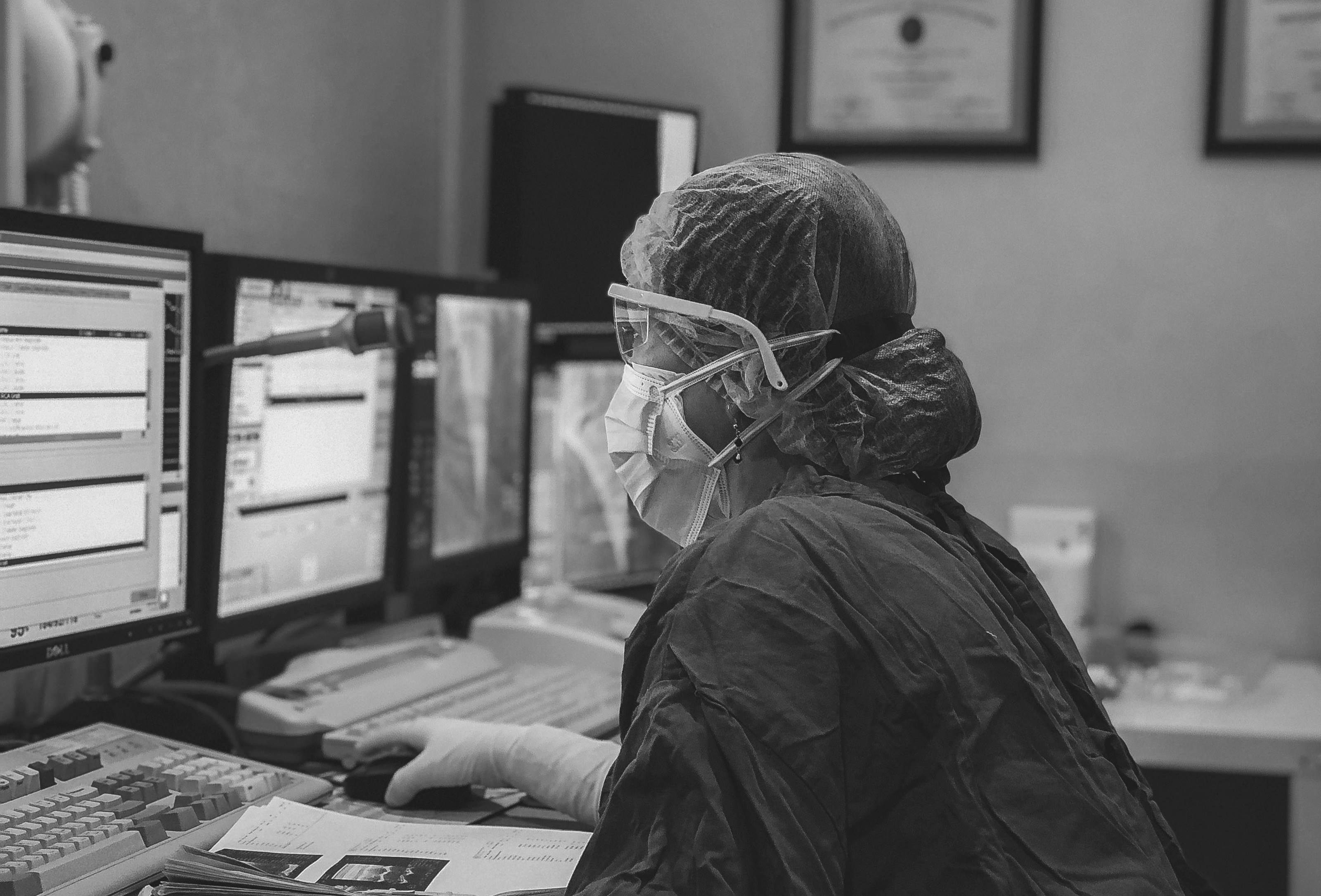
A trip to the Emergency Department is never fun. A trip to the ED on a holiday? Well, that’s even less fun because wait times are likely to be much longer than normal. The good news is that there are a few easy things that can be done to reduce the chances of a holiday ED visit like:
To prevent adverse health effects, the Dietary Guidelines for Americans recommends limiting alcohol consumption to no more than 2 drinks per day for men and 1 drink per day for women.
Like any other drug, alcohol affects everyone differently. Law enforcement in many states can still make an arrest even if you are well below the legal limit, so if you choose to drink it is best to designate a sober driver.
Though it can be tempting to pile up a few plates, Dr. Scott Scherr – an emergency physician at Southern Hills Hospital and Medical Center – told 3News in Las Vegas that people should eat a smaller amount over the course of the day.
Many people are accustomed to preparing their own meals and are familiar with typical kitchen hazards, but if they’re planning on deep frying a turkey – it requires thorough research, some planning, and meticulous attention to detail. It’s also necessary to have gloves, goggles, a flat surface outside away from anything flammable, and a grease-approved fire extinguisher close by.
The National Highway Traffic Safety Administration (NHTSA) estimates that drowsy driving is responsible for 6,000 deaths each year. Likewise, a clinical trial referenced by SleepFoundation.org found that being awake for 20 hours can impair a driver to the equivalency of a 0.08 BAC.
If driving this holiday season, don’t hesitate to stop and take 20-30-minute naps as needed to maintain mental alertness.
Those who are at an elevated risk of blood clots should talk to their healthcare provider about traveling. They may recommend the use of compression socks. Regardless, the Centers for Disease Control and Prevention (CDC) states that stopping every 2-3 hours to get up and move around is prudent practice.
If you know one of your guests is seriously allergic to certain foods, ask them to be sure they bring their epinephrine. Though an anaphylactic reaction always requires an immediate ED visit, having epinephrine on hand can mean the difference between life and death.
The holidays are fast approaching, and hospitals are gearing up to answer the call. It is a good thing that the vast majority of hospitals have pneumatic tube systems to help with the expediency of emergency care.




Contact our knowledgeable specialists to discover how our range of automation solutions can boost efficiency, reduce costs and enhance care at your healthcare facility.
Contact us